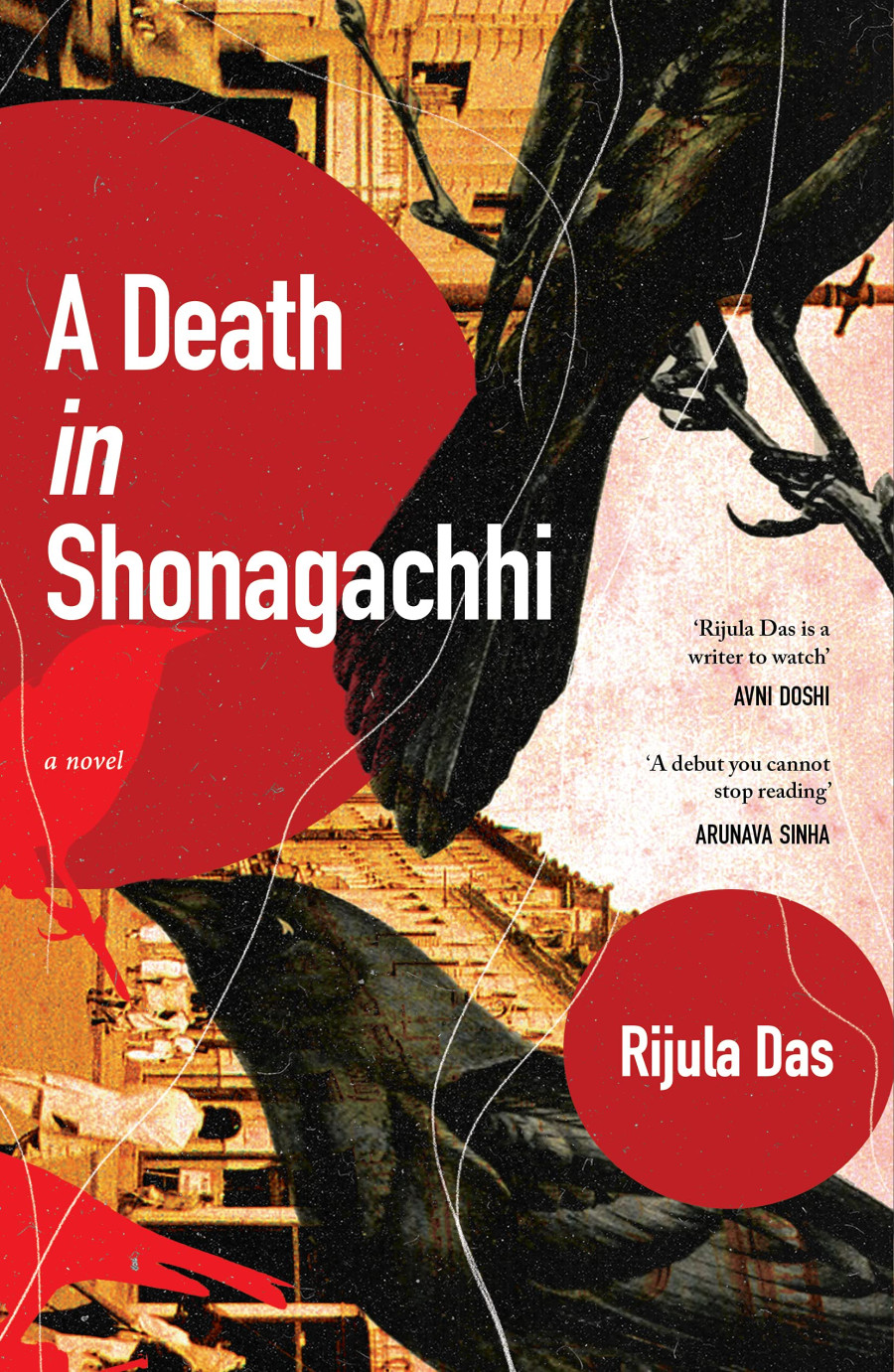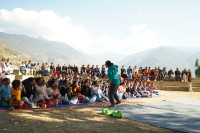Culture & Lifestyle
A sensitive portrayal of the lives of sex workers
Rijula Das’s debut novel has all the elements of a thriller and the traditional paraphernalia of a sex worker’s love story.
Fathima M
This debut novel by Rijula Das must be remembered for the character of Lalee, who is nothing like Anna Karenina, Emma, or Lolita—all three represent the immoral women in European literature. The remarkable thing about Lalee is the defiance that surpasses both her desire to be accepted and her desire to be loved. For Lalee, living comes before love and safety before money. She wants dignity as much as she wants food and protection from the wounds of her ‘sinful’ profession.
Prostitutes in Shonagachhi, a red-light district in Calcutta, and elsewhere are expected to suppress not just their desire to be loved but also anger. But Lalee displays bursts of anger whenever she feels agitated and threatened. She is also sceptical of everyone around her and understands capitalism better than anyone else does. She is aware that money is the backdrop behind every act of love and courtesy. Her distrust is easy to comprehend, but her hunger for dignity makes her an exceptional character. Some form of determination drives her anger and her desire to escape. In her mind, she despises a world that reduces her to a non-entity and confines her to this undignified life. But she creates dignity by mocking everything, every social institution, and even her relationship with Tilu Shau, who haplessly and hopelessly falls in love with her. It is not easy to create a character like Lalee, but Das's astute portrayal of someone desiring dignity is commendable.
Lalee is the subaltern who understands the reality of her subaltern position, and this awareness becomes her power. Irrespective of what men or her lovers might tell her, she knows hers is a profane business. At one point in the novel, Lalee lets the reader know this:
“It’s amazing, thought Lalee, how many synonyms one language could have devised and seemed to need for women who sell their bodies for money. We are [an expletive] a whole population of women connected only by their livelihood reduced to a single word of offence. At least we do what we do, but those who don’t aren’t spared either. At one time or another, every woman is turned into a profanity.”
Lalee’s progressive thoughts reflect how she viewed herself vis-a-vis the outside world. While she is acutely aware of her downtrodden position, she does not have much respect for the outside world. Her anger at Shefali Madam and Sonia is not much different from what she feels for a common married woman. It is as if the whole world is complicit in this disgrace, yet they remain oblivious of their subordinate existence.
In a country where the contradictory status of women as goddesses and as an object of desire is so deeply entrenched, this brilliant debut novel by Rijula Das takes this paradox to another level. In a patriarchal and sexist society, the lives of prostitutes are a sinful fantasy for 'respectable' women and occasional unholy objects for many men. Sadly, in the 21st century, people view prostitutes as profane objects, while people refuse to utter a single word of disdain for the men who visit them. This is not to romanticise prostitution as a profession but an attempt to expose the double standards that only view women as "dirty" objects. At the same time, men who visit them for occasional pleasure carry on with their ordinary lives. This debut novel wants us to laugh as much as it wants us to cry and feel anger.
Just like Sarat Chandra Chatterjee's novel ‘Devdas’ (1917), this is a social novel that unravels the lives of women living in Shonagachhi. Even though Chatterjee's novel is usually labelled as a romance, it is undoubtedly more than a romance. It is also a concise commentary on the provocative portrayal of wives and prostitutes. Likewise, Das goes beyond the 'marketable' qualities of prostitutes and goes on to picture the real fears and desires that haunt the prostitutes of Shonagacchi.
Like in most red-light areas, Shonagacchi is an isolated world of its sort. Everyone here desires to escape but is too helpless to find their way out. Apart from 'sin' and 'pleasure', coercion, violence, and killings are modern-day realities here. There is no question about human rights; prostitutes are just prostitutes. Amidst all this paraphernalia of a prostitute's life, Das's portrayal of the protagonist, Lalee, remains the most authentic and haunting. Lalee seems to be at the novel's centre, but her persona is more remarkable and haunting than her story. She desires to find dignity in a profession that offers her nothing but indignation. It is a great relief that Das is not interested in invoking pity but in acceptance of whomever Lalee is or wants to become—something the dark rooms of the red-light streets do not allow.
Despite having elements of a thriller and the traditional paraphernalia of a sex worker’s love story, it will be a hurried decision to club this novel into any category. The novel is anything but genre fiction. The underlying humour is unwarranted but lightens up the grim plot that the story follows. The callous state machinery that includes the police and its complicity in the violence against women in the sex trade is hilarious but concerning. The age-old debate of whether the women want to be rescued or want rights within this profession is also spurred, and thankfully no suggestions are offered. A novel about prostitution cannot be just erotica or a rescue mission but a social novel that tackles the lived experiences of sex workers as a valid experience.
——————————————————————
A Death in Shonagachhi
Author: Rijula Das
Publication: Picador India




 22.93°C Kathmandu
22.93°C Kathmandu















